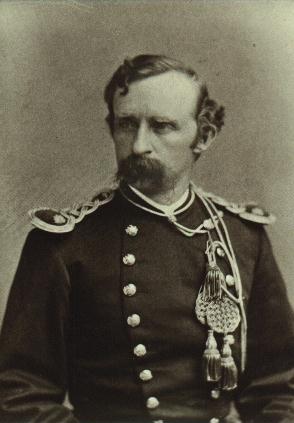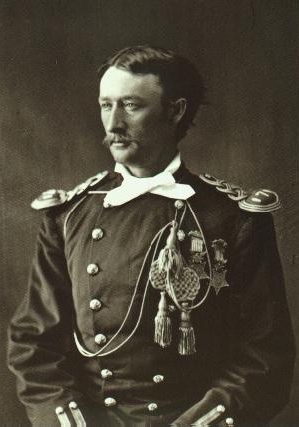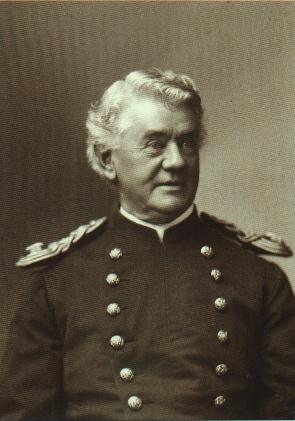Say what you want about the piss poor Republican candidates we have, all but Luap Nor understand defense policy. We are on the verge of our military being gutted and just wait until Obama gets re-elected. If Leon Panetta had any gumption he would do as Rick Perry urges – resign rather then submit to emasculating our armed forces.
by Arthur Herman
You have to give President Obama credit. It takes serious gall to tell the American military to its face that you are putting it on the road to second-class status.
That’s exactly what our commander-in-chief did at the Pentagon yesterday, as he announced nearly half a trillion dollars in new spending cuts, after already chopping $480 billion during his first three years in office. He also set out plans for drastic reductions in our force size and continuing weapons programs, including the F-35 fighter — our last best hope for maintaining American dominance in the skies.
Obama’s been trying to reassure Americans all this won’t endanger our national security or our strategic interests. Everyone in or out of uniform who’s free to speak knows better — and that with a full-scale war still underway we are standing on the brink of our weakest military posture since Jimmy Carter, and our smallest forces since before World War II.
[……]
More important, President Obama doesn’t understand that our military’s role isn’t just fighting wars. It’s providing a strong strategic presence that will influence events in our favor — and away from that of adversaries and rivals. Even he admits these drastic cuts can only come through shrinking that presence world-wide, which means deep cuts in our forces in Europe and the Middle East, while expecting a shrinking navy (which could wind up with barely 230 ships by 2020) and air force to keep our interests safe in the Pacific region — where China is surging.
Yet as the latest confrontation with Iran over the Strait of Hormuz shows, while a war rages in Afghanistan and a peace threatens to come unglued in Iraq, not to mention Pakistan, the Middle East is still a major crucible of conflict. And even if our European allies are willing to take up the slack and beef up their defense budgets as we leave — a highly dubious proposition — our vote on what happens there and with a belligerent Russia and increasingly anti-Western Turkey will count for less and less.
Still, the lasting damage the Obama chainsaw does is not to our military’s present, but to its future.
Of course, Obama’s team says it can still defend that future by spending smarter and cutting out “waste, fraud, and abuse” — this, from the people who inflated our deficit by $1.5 trillion, and gave us the $787 billion non-stimulus and Solyndra. In fact, it’s the programs that define the cutting edge of future military technology, and will lead the next military revolution, that are now the most in peril.
A good example is the Future Combat Systems, the program for transforming the Army and Marines into highly mobile forces with unmanned combat vehicles and other futuristic technology launched by Donald Rumsfeld’s Pentagon. The program itself was axed two years ago, with the promise that the resources allocated for modernization would go directly to the Army and Marines. Don’t count on that now.
[…….]
Unlike our big army or naval bases, these programs have little or no constituencies, which means they get little attention or protection from Congress. Yet they are vital to preparing America for its future wars, and to its credible strategic presence. A cash-strapped Pentagon is bound to cut them first, even as our present force structure is dwindling to potentially perilous levels.
Fortunately, some of the Republican presidential candidates have seen the danger coming. Mitt Romney has urged keeping the defense budget at 4 percent of GDP — it’s currently less than 3 percent — and wants to expand the Navy’s desperately endangered shipbuilding program. Rick Perry has asked Defense Secretary Leon Panetta to resign rather than accede to cuts that are, in Newt Gingrich’s words, “very dangerous to the survival of the country.”
Still, until Congress and the American public wake up to the peril lying ahead, Obama will continue his program of unilateral American disarmament — that is, unless the 2012 election can stop him cold.
Read the rest – America’s Disarmed Future










